Wiping Clean the Waste: Sustainable Alternatives to Disposable Wet Wipes
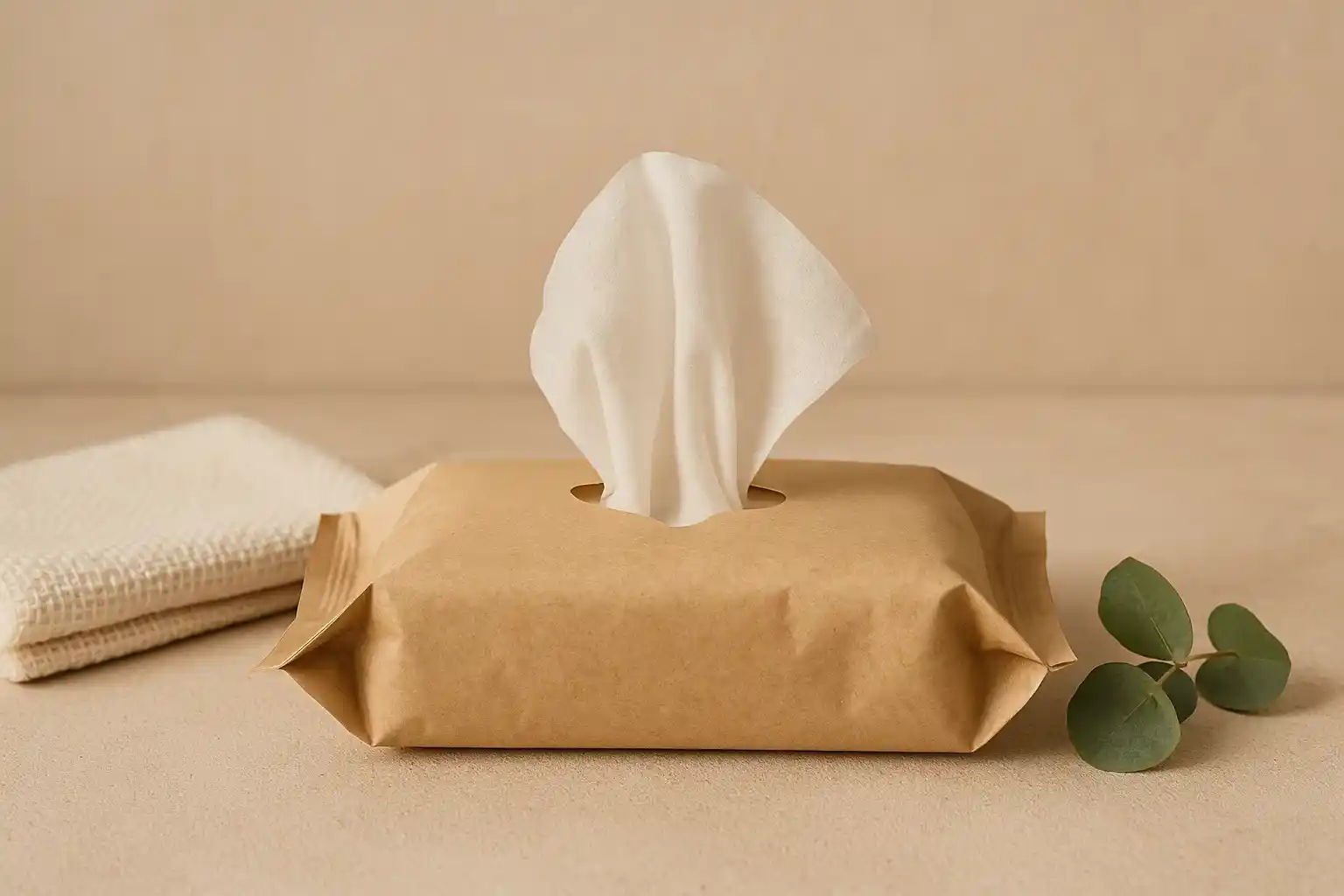
The convenience offered by disposable wet wipes has made them a ubiquitous item in households worldwide, used for everything from baby care and personal hygiene to quick cleanups around the home. However, this convenience comes at a significant environmental cost. The sheer volume of disposable wipes used globally contributes substantially to landfill waste, and many conventional wipes contain plastic fibers that do not readily biodegrade, persisting in the environment for centuries. Furthermore, the chemicals used to moisten these wipes can also have environmental and health implications, and their improper disposal can lead to clogged drains and sewer systems. For those seeking a more sustainable and less wasteful approach to hygiene and cleaning, a range of effective and readily available alternatives can readily replace these single-use conveniences.
The lifecycle of a disposable wet wipe, from its production to its disposal, carries a considerable environmental footprint. The manufacturing process requires energy and resources, including the production of the synthetic fibers and the chemical solutions used to saturate them. The packaging, often involving plastic tubs and wrappers, adds to the waste stream. Once used, these wipes, laden with dirt and cleaning chemicals, end up in landfills, where they contribute to the ever-growing problem of waste accumulation. Unlike natural materials, the synthetic components of many wet wipes are not readily biodegradable, persisting in the environment for extended periods and breaking down into microplastics that can harm ecosystems. The improper flushing of non-flushable wipes also poses a significant problem for wastewater treatment facilities and can lead to costly blockages.
Fortunately, a variety of effective and readily available alternatives can easily replace disposable wet wipes, offering a more sustainable and less wasteful approach to hygiene and cleaning. By embracing simple washcloths, opting for truly compostable wipes, and utilizing reusable wipe cloths, we can significantly reduce our landfill burden and minimize the environmental impact of our daily routines. These reusable and biodegradable options offer a cost-effective, efficient, and far more sustainable approach to personal care and household cleaning, aligning our habits with a commitment to a healthier planet.
Wiping Towards a Greener Future: Exploring Sustainable Alternatives
Moving away from the convenience of disposable wet wipes involves embracing reusable and biodegradable options for hygiene and cleaning:
Washcloths: The Timeless and Reusable Essential
The humble washcloth, made from soft and absorbent materials like cotton or bamboo, offers a simple yet incredibly effective and sustainable alternative to disposable wet wipes. Washcloths can be used with plain water or a gentle cleanser for a variety of purposes, from washing hands and faces to cleaning up spills. Once soiled, they can be easily laundered and reused countless times, making them a cost-effective and zero-waste solution. Keeping a stack of clean washcloths readily accessible in bathrooms and kitchens makes it easy to choose this reusable option over grabbing a disposable wipe.
Compostable Wipes: Breaking Down Responsibly
For situations where the convenience of a wipe is preferred, truly compostable wipes offer a more environmentally responsible alternative to conventional wet wipes that contain plastic. These wipes are typically made from plant-based materials like cellulose and are designed to break down in a composting environment. Brands like Natracare offer compostable wipes made from organic cotton that are free from plastic and harsh chemicals. When choosing compostable wipes, it's important to ensure they are certified compostable and to dispose of them in a designated compost bin rather than flushing them down the toilet, as even compostable materials can cause plumbing issues.
Reusable Wipe Cloths: Customizable Cleaning Power
Utilizing reusable wipe cloths, often made from materials like microfiber or bamboo, provides a versatile and sustainable solution for both personal care and household cleaning. These cloths can be moistened with water or a cleaning solution of your choice and used for a wide range of tasks. Unlike disposable wipes, reusable cloths can be laundered and used again and again, significantly reducing waste. Brands like Wipe That Tush offer reusable cloths specifically designed for personal hygiene, providing a comfortable and eco-friendly alternative to disposable wipes. For household cleaning, dedicating a set of reusable cloths for various tasks ensures you always have a sustainable option on hand.
Completing Your Sustainable Routine: Mindful Practices
Choosing sustainable alternatives to disposable wet wipes is a significant step, but consider these additional mindful practices:
- Avoid Flushing Wipes: Never flush any type of wet wipe down the toilet, as they can cause severe plumbing problems and harm wastewater treatment systems.
- DIY Wipe Solutions: Create your own gentle wipe solutions using water and natural ingredients like witch hazel or aloe vera for use with reusable cloths.
- Proper Storage: Store clean and soiled reusable cloths in designated containers for easy access and hygiene.
By consciously choosing reusable and compostable alternatives to disposable wet wipes, we can significantly reduce our waste and minimize our environmental impact while maintaining effective hygiene and cleanliness in our homes and personal care routines.
Related Blogs
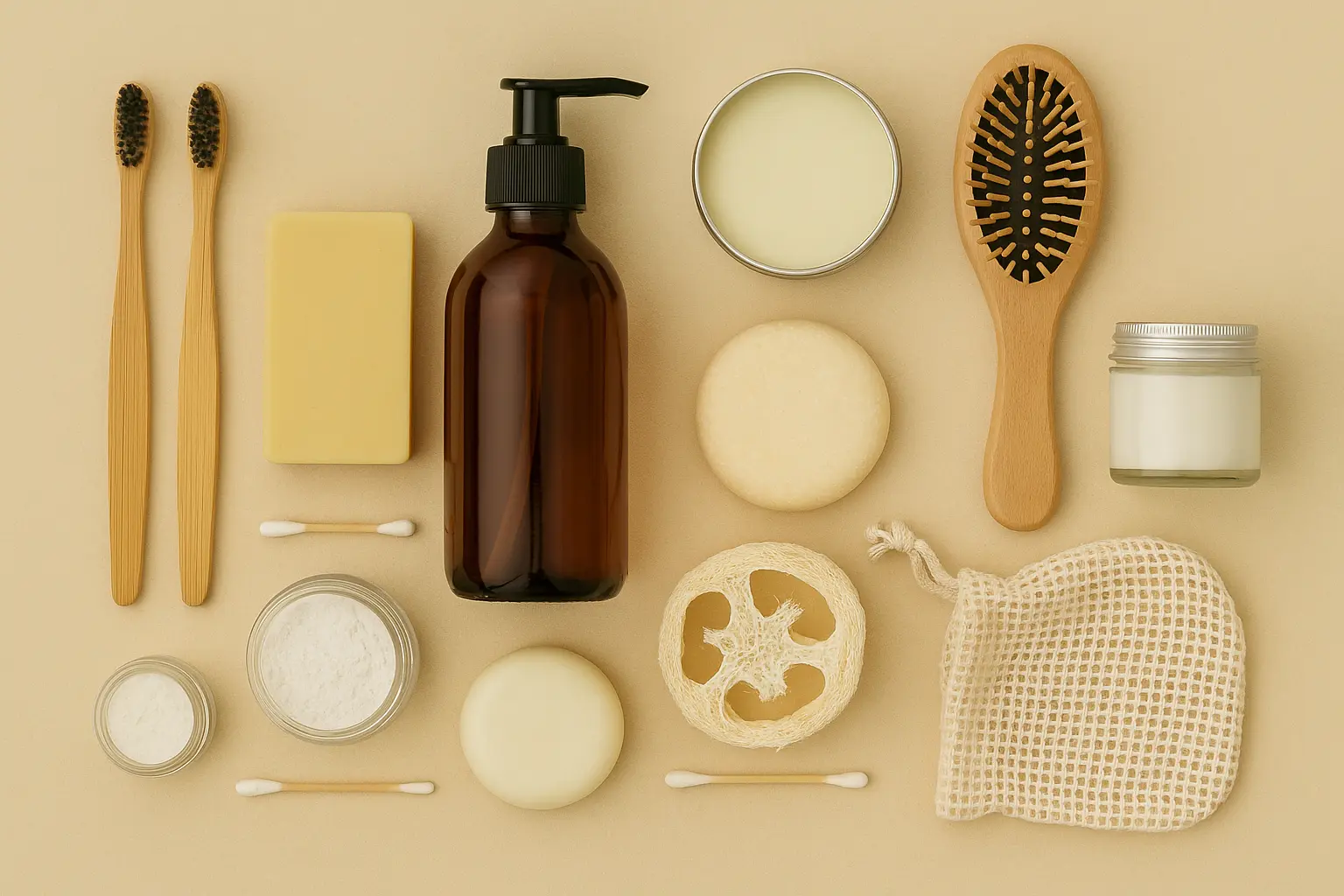
Stepping Lightly into Self-Care: Your Expansive Guide to the Best Zero-Waste Personal Care Swaps for Beginners
Insights on best zero-waste personal care swaps for beginners in a sustainable way.
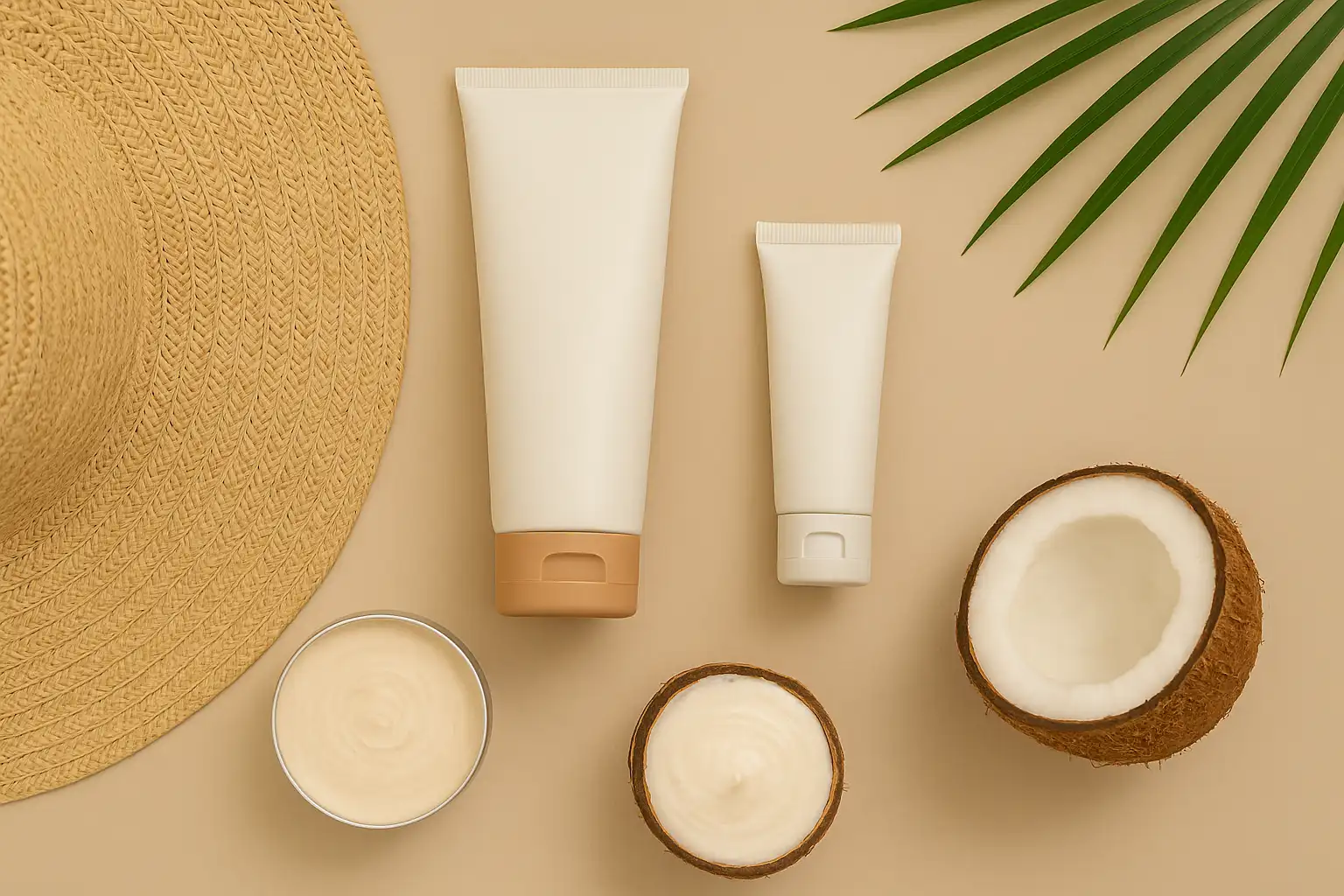
Shielding Your Skin, Protecting Our Oceans: The Essential Guide to Clean, Reef-Safe Sunscreens
Insights on clean sunscreens that don’t harm coral reefs in a sustainable way.
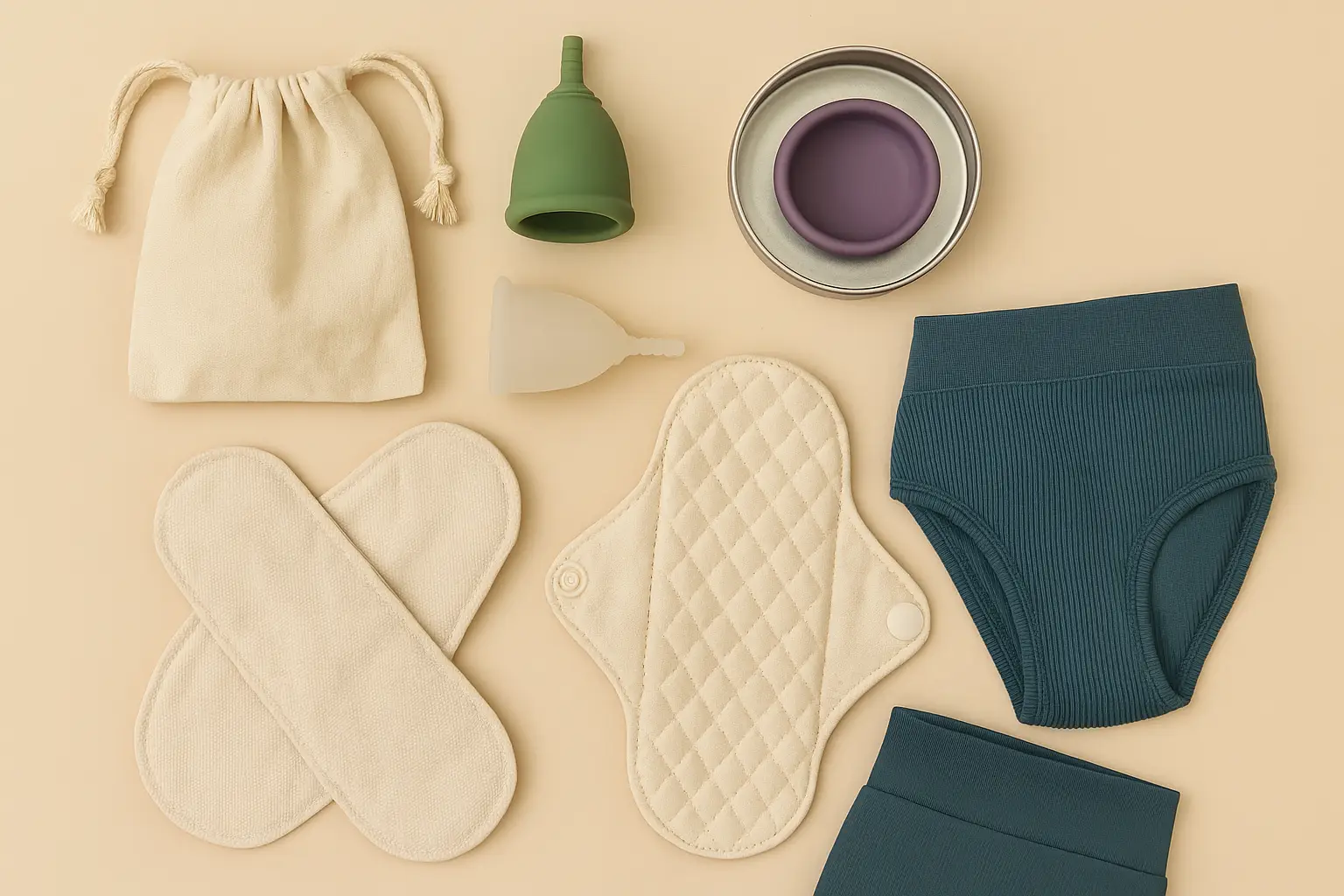
A Guide to Eco-Conscious Period Products
Insights on eco-conscious period products in a sustainable way.
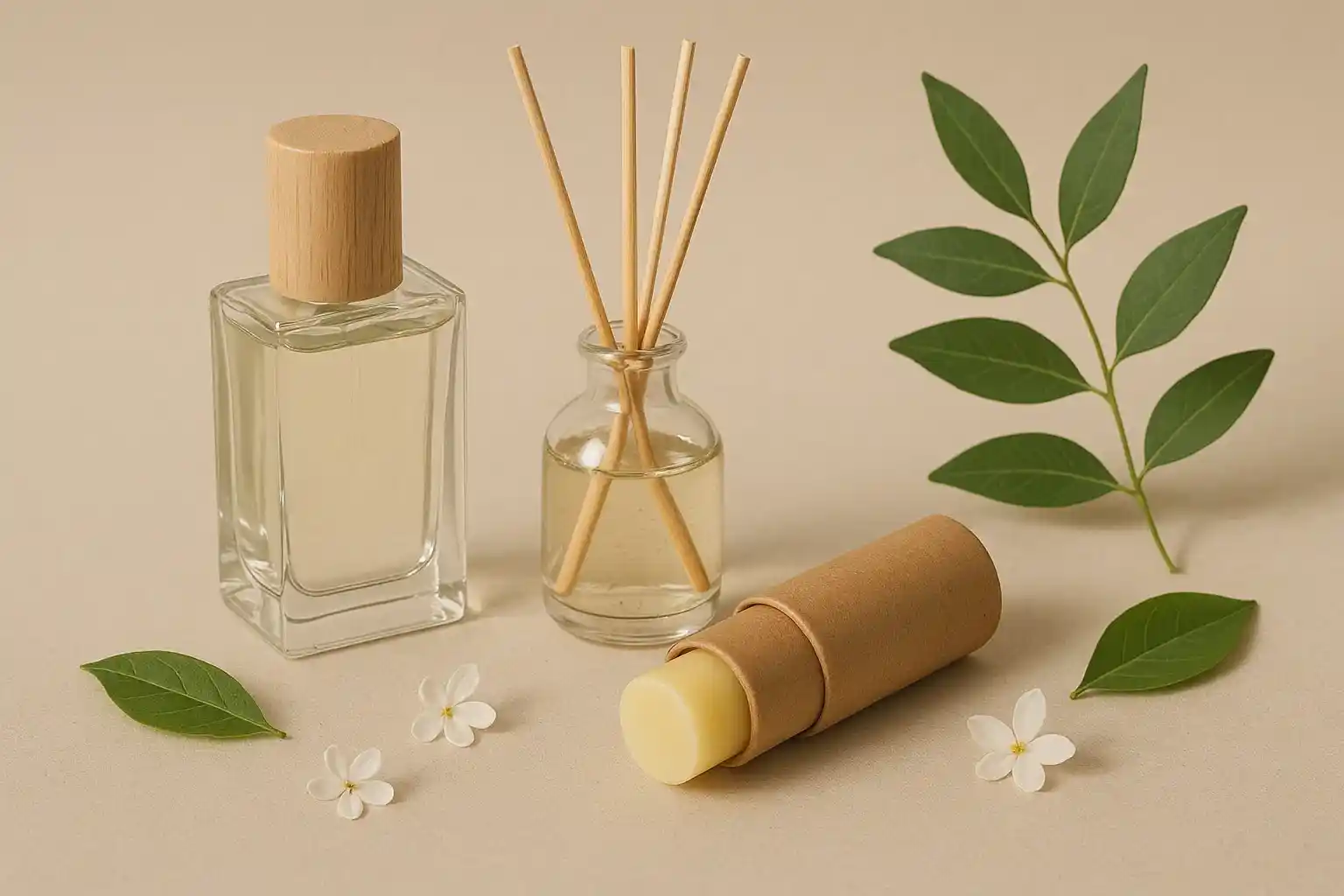
Scenting Sustainably: Choosing Eco-Friendly Alternatives to Perfume in Plastic Atomizers
Opt for solid perfumes, refillable glass bottles, or essential oil blends for fragrance without microplastics.
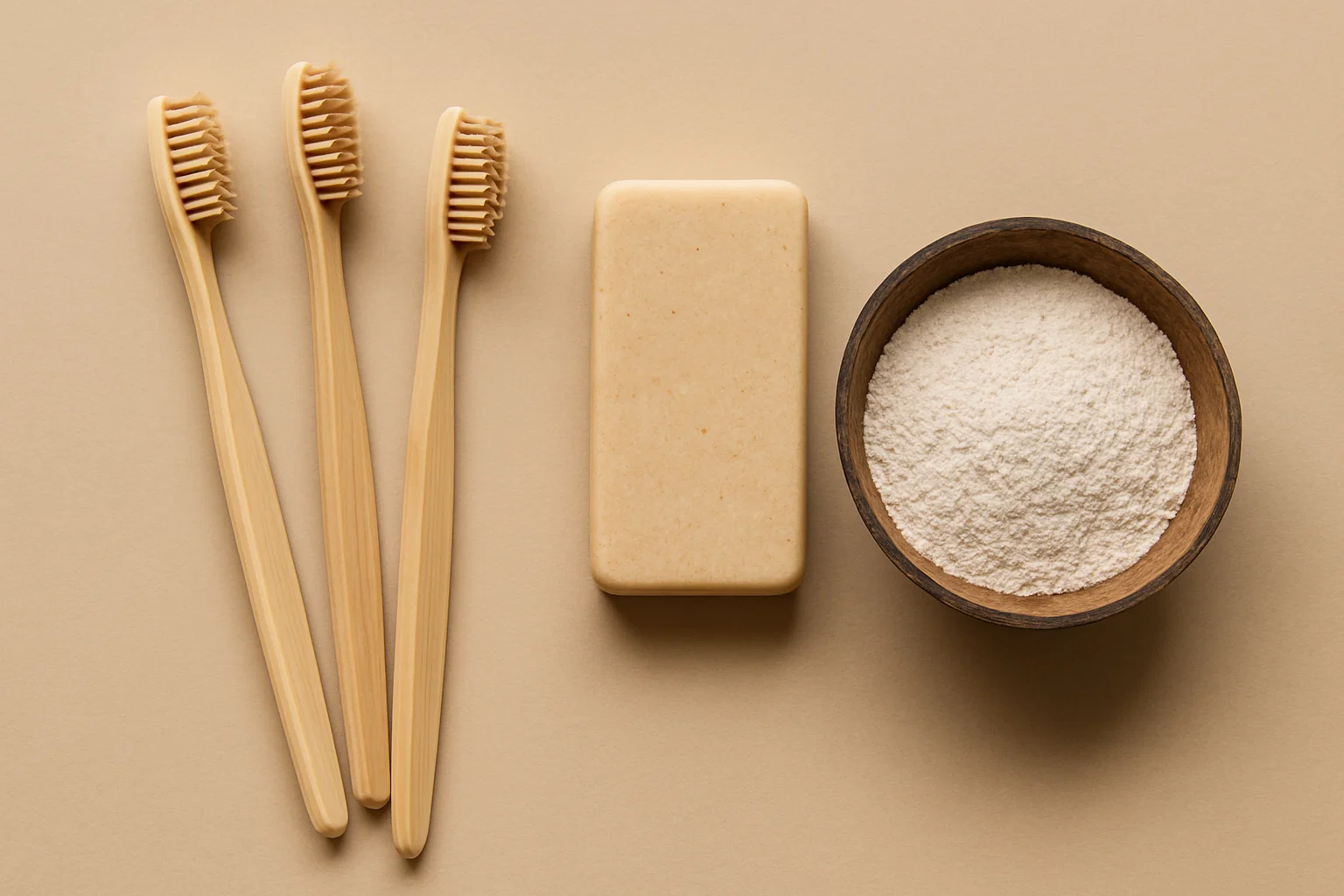
Smile Sustainably: Your Guide to Eco-Friendly Alternatives to Plastic Toothbrushes
Choose bamboo toothbrushes, recyclable heads, or miswak sticks for plastic-free dental care.
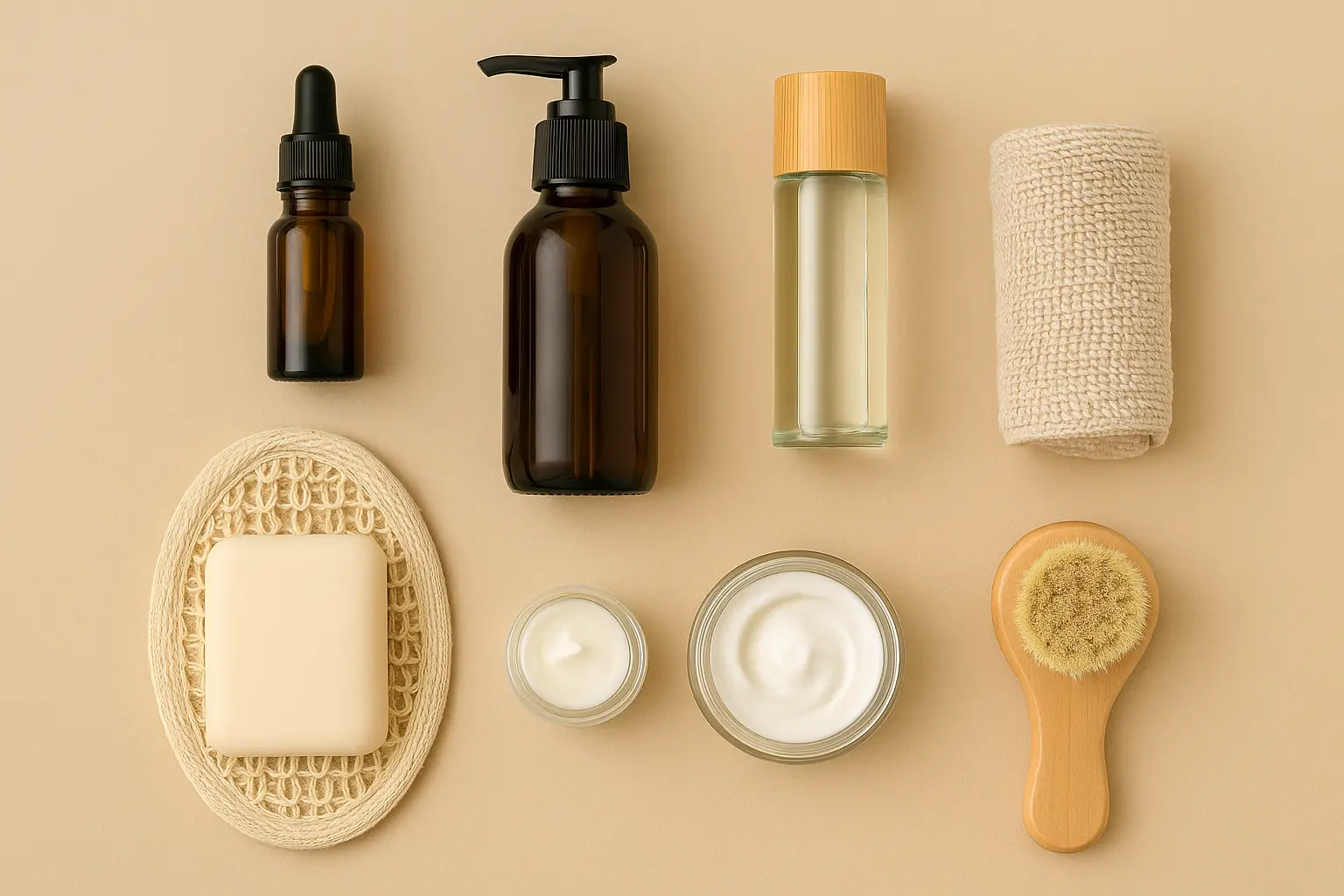
Uncomplicating Your Glow: Your Guide to Building a Minimalist Skincare Routine
Practical advice and actionable tips for how to build a minimalist skincare routine.
Stay in the Loop
Get tips and insights tailored to your interests — no spam, just sustainability.